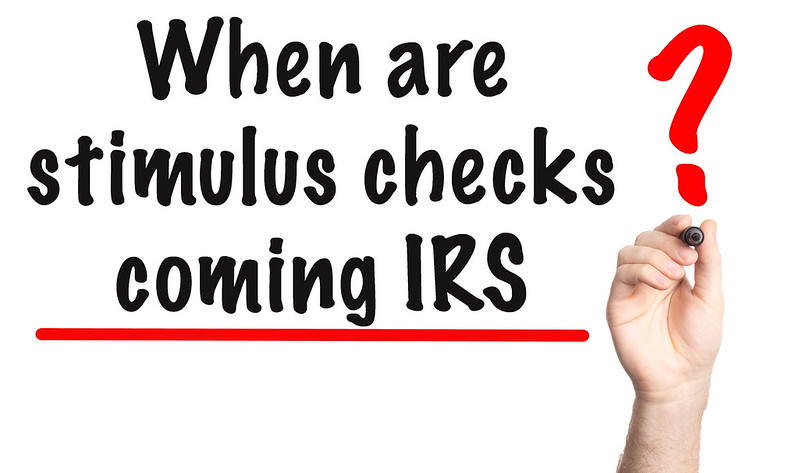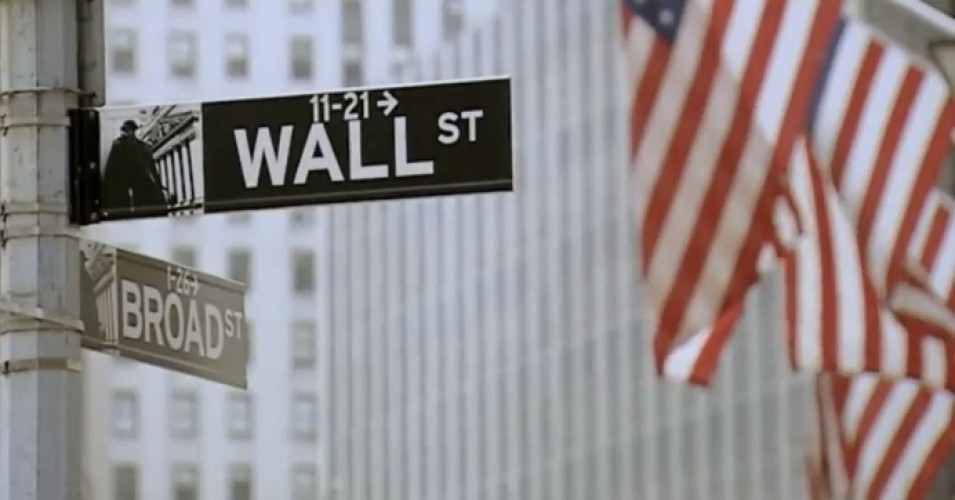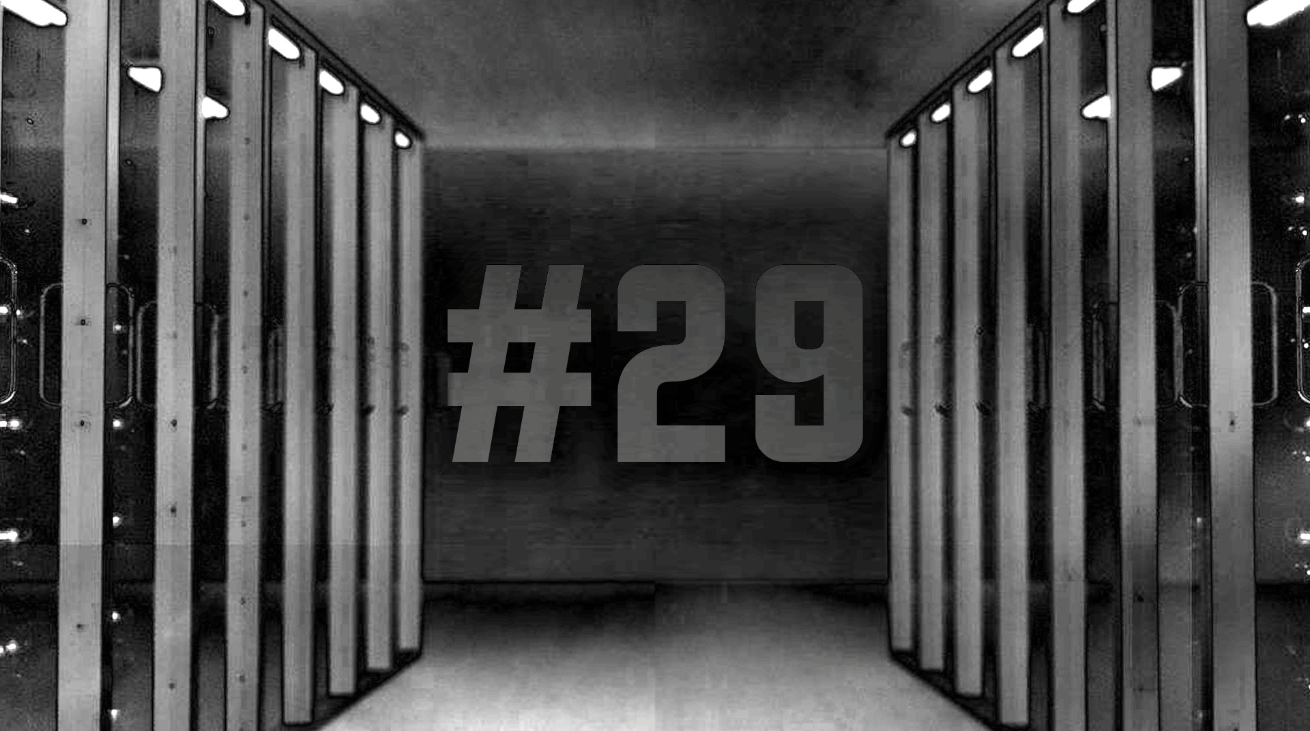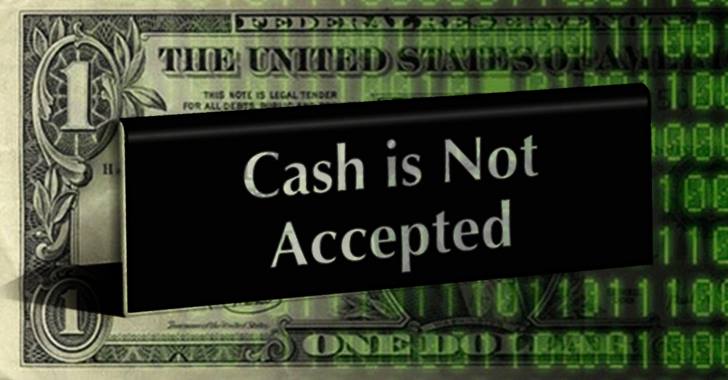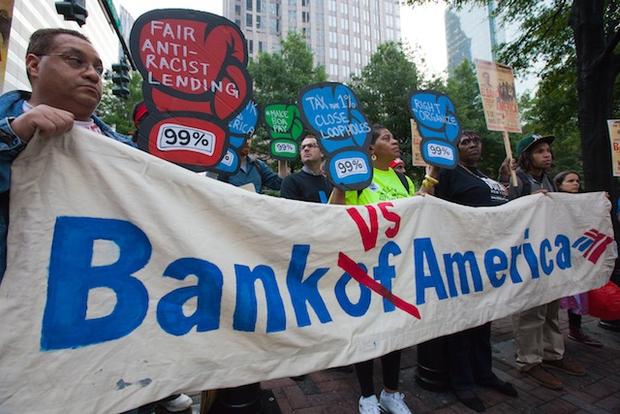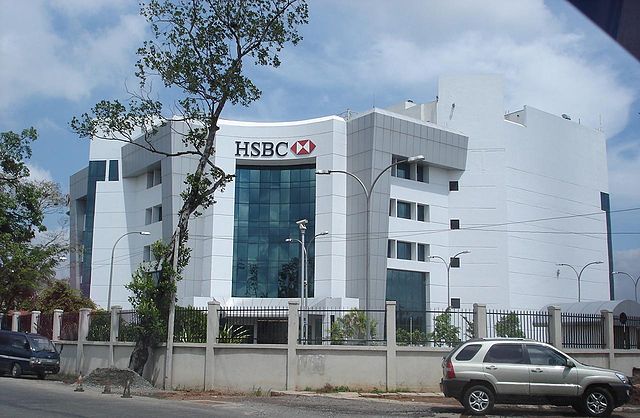Five years after the law’s enactment, fewer than two-thirds of its 390 rules have been completed
Written by Deirdre Fulton, staff writer for Common Dreams. Published 7-21-15.
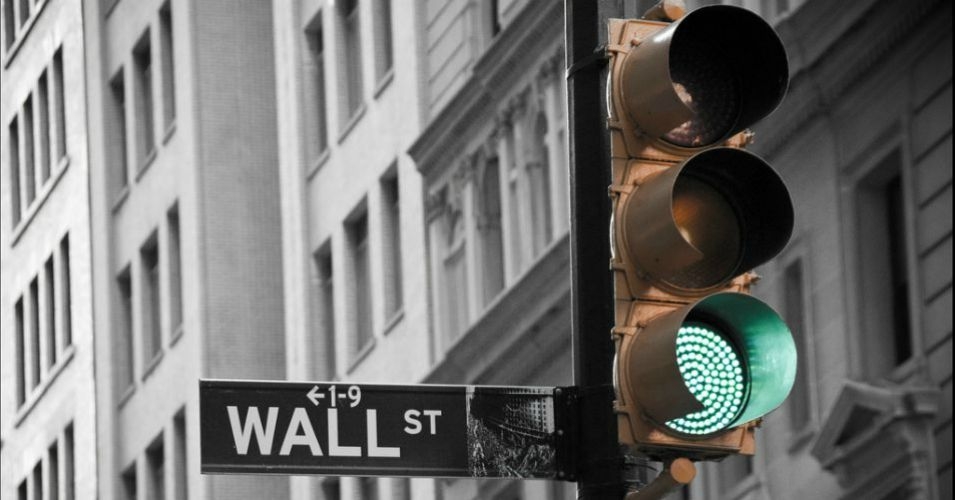
Despite Dodd-Frank’s stated goal of reining in reckless banking, Washington, D.C. regulators keep giving Wall Street the green light. (Photo: GLing526/flickr/cc)
With several key promises of the Dodd-Frank Wall Street Reform and Consumer Protection Act still unfulfilled, “Americans cannot be comforted that Wall Street will not wreak havoc again,” according to a new report from the watchdog group Public Citizen.
“Five years after President Barack Obama signed this legislation, Dodd-Frank remains largely incomplete,” said Bartlett Naylor, Public Citizen’s financial policy advocate and author of the report, Dodd-Frank is Five: And Still Not Allowed Out of the House (pdf), published Tuesday.
“Major portions of the law have yet to be codified into specific rules,” Naylor explained. “Many enforcement dates are set well into the future, and certain rules are not yet being implemented and enforced to the fullest extent of the law.”
Dodd-Frank, signed into law five years ago Tuesday, “promised that America would never again be held hostage by banks that are too big to fail, but that promise remains unfulfilled,” Public Citizen said in a statement. “Instead, industry-captured regulators and members of Congress hungry for campaign contributions from Wall Street continue to delay and dilute the law.”
In fact, of the 390 rules required by the law, fewer than two-thirds have been completed; 60 rules have yet to be finalized, while another 83 have not even been proposed, according to a tally by law firm Davis Polk.
The report specifically looks at the status of key Dodd-Frank provisions including the Volcker Rule, which bans proprietary trading or short-term speculation; the “living will” stipulation empowering regulators to break up big banks that don’t provide a “credible” plan for an orderly resolution under the bankruptcy code should they fail; and restrictions on banker pay schemes that reward excessive risk-taking.
In all three areas, regulation has been stalled or stymied, Public Citizen declares—a reality the report attributes to the revolving door between Wall Street and Washington, D.C.
“Regulators and lawmakers who put Wall Street interests ahead of public interests aren’t fulfilling the law’s intent,” said Lisa Gilbert, director of Public Citizen’s Congress Watch division. “Instead of rolling back key provisions, our officials should be taking full advantage of this important Wall Street reform law to protect Main Street financial markets.”
Of course, Public Citizen points out, “the Wall Street reform law, even if well implemented, was not a complete answer to financial challenges.”
As Campaign for America’s Future co-director Robert Borosage wrote in an op-ed on Tuesday:
The banks still “frankly own the place,” in Sen. Richard Durbin’s immortal words, Sen. Elizabeth Warren has only begun to unveil the revolving door between Wall Street and it regulators that often neuters the law. Wall Street continues to deploy legions of lobbyists to avoid sensible regulation. It remains the leading source of dough for the leading presidential candidates in both parties. The Wall Street Journal reports that in the first month of reporting, Clinton raised about $300,000 from people working in the six biggest banks, while Bush pocketed $144,000 from Goldman Sachs employees alone. And that’s not counting the big money donations for their superPACs.
“That’s why all progressives should be pushing for greater reforms,” Borosage wrote, “even while fending off efforts of the bank lobby to cripple the Consumer Financial Protection Bureau, to cut budgets of regulatory agencies, and to weaken or repeal core elements of Dodd-Frank.”
Sen. Elizabeth Warren, who has decried recent attempts to water down Dodd-Frank, spoke with the advocacy group Americans for Financial Reform about the legislation in an interview published Tuesday:
